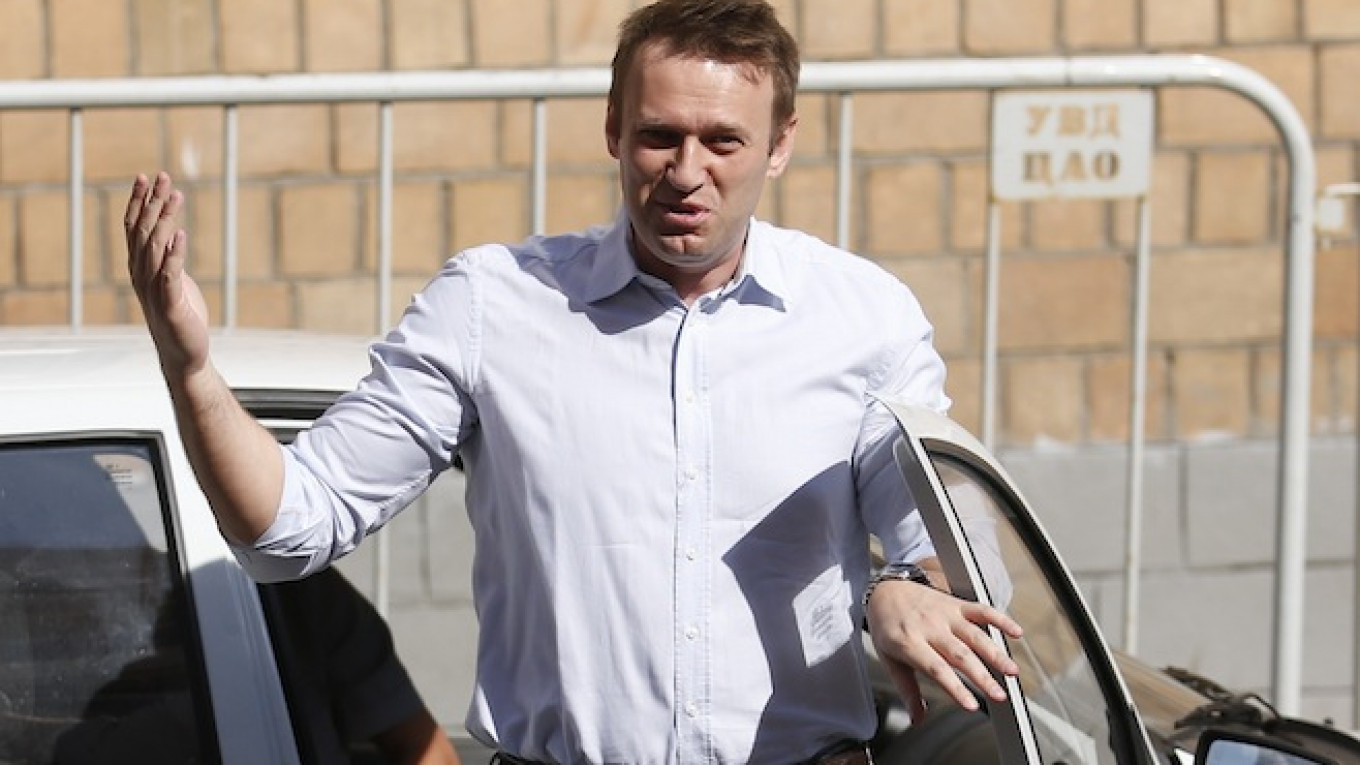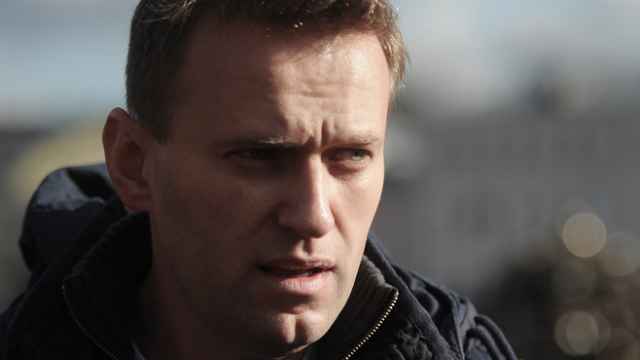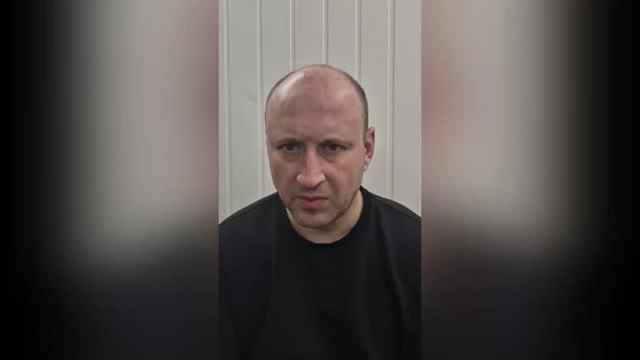An official who has overseen elections in Moscow since 1994 has failed to disclose that he owns a business and real estate abroad, whistleblower and opposition leader Alexei Navalny said.
The family of Moscow's electoral commission head, Valentin Gorbunov, owns a company and a property in Croatia, Navalny wrote Thursday on his website, citing data from a Croatian court registry.
Russian state officials are banned from owning businesses abroad and obliged to disclose family income and assets as part of the Kremlin's flagging anti-corruption campaign.
But Gorbunov's income declarations list neither the company nor the property, which is worth $420,000, Navalny said, publishing what he said were copies of publicly available legal materials confirming Gorbunov family's ownership of the real estate
Gorbunov — who has worked in the Russian capital's election system since 1977 — had yet to comment on the allegations as of Friday afternoon.
However, Moscow's City Hall said Friday that Gorbunov had reported the Croatian company and real estate to authorities, but that he was not legally obliged to inform the public about it, the Interfax news agency reported.
Moscow votes on its legislators on September 14. Gorbunov's commission has weeded out all Navalny-endorsed candidates on technicalities.
Navalny, 38, an aspiring liberal politician, has made a name for himself through hard-hitting corruption exposes that have targeted, among others, the VTB bank, oil pipeline monopoly Transneft and Russian Railroads — all of which are state-owned.
None of these, however, have resulted in criminal cases, despite copious the paperwork published by Navalny, who lost the mayoral elections in Moscow last year amid fraud allegations.
Navalny has been hit with several criminal cases and defamation lawsuits that he has said is retribution for his anti-corruption activity. He was handed a five-year suspended sentence last year and is currently under house arrest pending a probe in a separate case.
In August, Moscow city official Maxim Liksutov sued Navalny for 600,000 rubles ($16,000) after the opposition leader accused him of illegally owning businesses — even though Liksutov admitted at one point that he did legally own them, blaming it on a "lawyer's mistake."
Russia was named 127th of 177 countries in the 2013 Corruption Perceptions Index published by the Transparency International nongovernmental organization.
A Message from The Moscow Times:
Dear readers,
We are facing unprecedented challenges. Russia's Prosecutor General's Office has designated The Moscow Times as an "undesirable" organization, criminalizing our work and putting our staff at risk of prosecution. This follows our earlier unjust labeling as a "foreign agent."
These actions are direct attempts to silence independent journalism in Russia. The authorities claim our work "discredits the decisions of the Russian leadership." We see things differently: we strive to provide accurate, unbiased reporting on Russia.
We, the journalists of The Moscow Times, refuse to be silenced. But to continue our work, we need your help.
Your support, no matter how small, makes a world of difference. If you can, please support us monthly starting from just $2. It's quick to set up, and every contribution makes a significant impact.
By supporting The Moscow Times, you're defending open, independent journalism in the face of repression. Thank you for standing with us.
Remind me later.







